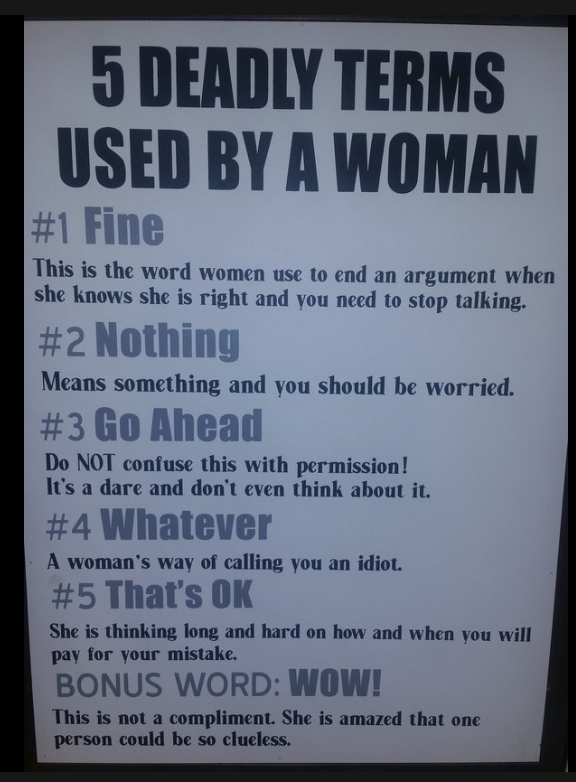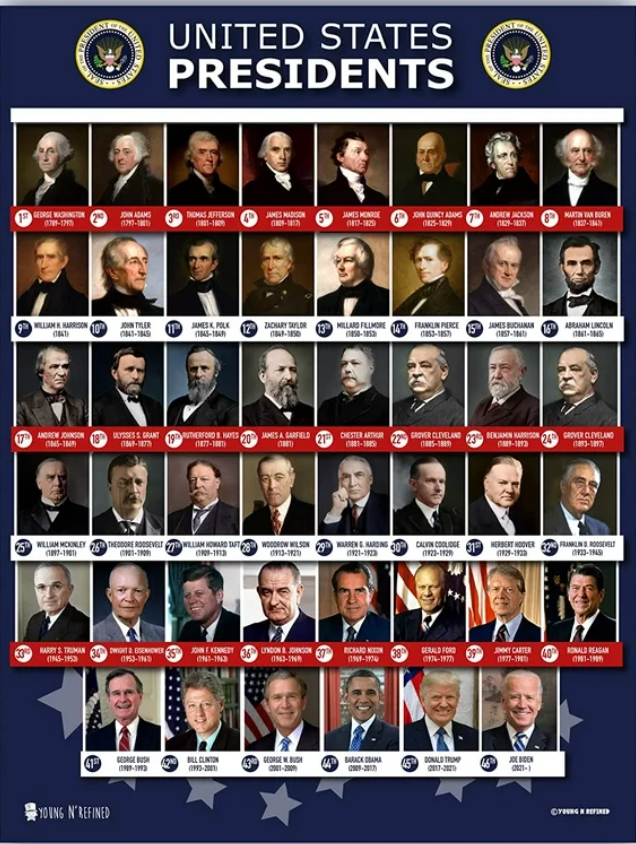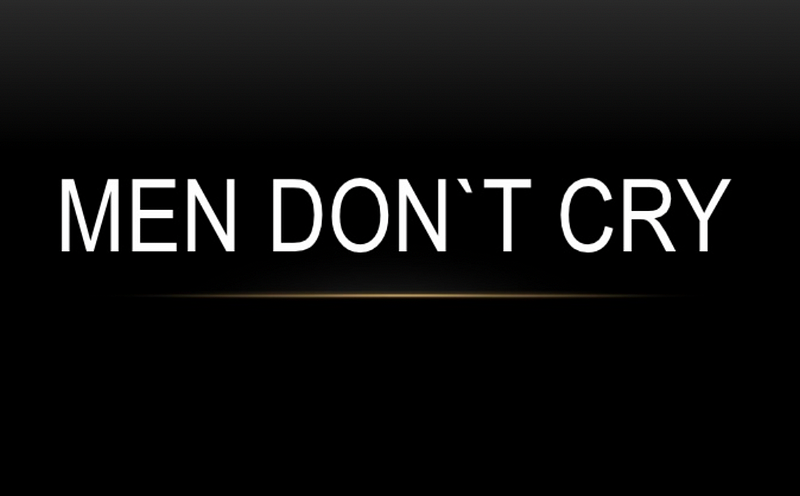Understanding Emotional Intelligence: Debunking Gender Myths
Written on
Chapter 1: The Stereotype of Emotionality
The portrayal of women in memes often highlights the perceived disparity between literal and intended messages in their communication styles. While some find humor in this, it perpetuates the stereotype that women are excessively emotional and struggle with effective communication. This stereotype has tangible implications in various sectors, including leadership roles.
In a controversial 10-page manifesto, Damore questioned the absence of women in top leadership positions, stating, “We ask why we don’t see women in top leadership positions, but we never ask why we see so many men in these jobs.” His assertions led to his dismissal from Google, with the company’s CEO publicly denouncing him on social media.

Like the discredited eugenics movement, Damore misapplied scientific research to bolster the belief that women are inherently less suited for leadership due to their emotionality. In society, emotional expression is often misconstrued as a lack of control, leading to the misconception that women are unfit for authoritative roles. Alarmingly, one in eight Americans believes that women cannot hold presidential positions due to their emotional nature.
This perception may help explain the prevailing jokes suggesting that a female president would impulsively initiate a nuclear strike during her menstrual cycle. However, the reality is more nuanced. For instance, three days after the September 11 attacks, Congress unanimously supported military action in Afghanistan, except for one dissenting voice. Rep. Barbara Lee urged for caution, stating, “Let’s step back for a moment and think through the implications of our actions today, so that this does not spiral out of control.”

Despite facing backlash and threats for her stance, Lee’s call for restraint is now celebrated as an example of sound judgment in leadership.
Section 1.1: Reevaluating Emotional Intelligence
While it may appear that women are more emotional, this perception stems from assigned social roles rather than innate differences. Research by M. G. Alexander and W. Wood indicates that women occupy fewer leadership positions and receive lower pay than men for equivalent roles, creating a significant power imbalance. Women are often found in caretaking jobs that require the expression of positive emotions, such as empathy and happiness, while negative feelings are often suppressed to avoid conflict.
Men, on the other hand, generally hold positions of more power, where emotional expression is less encouraged. Research by Kelly & Hutson-Comeaux (1999) shows that men and women experience emotions similarly; however, women tend to express a broader range of emotions, whereas men often express anger more frequently.

Subsection 1.1.1: The Impact of Toxic Masculinity
Defying traditional gender expectations often comes with social repercussions. Men may be labeled as “unmanly” for displaying vulnerability, while women may be deemed “cold” for not showing emotions or “aggressive” for expressing anger. This difficulty in expressing a full range of emotions in men may contribute to alarming statistics: according to the CDC, men are nearly four times more likely to commit suicide than women.

Moreover, the predominance of anger as an “acceptable” emotion for men may explain the higher rates of violent crime among males, with 90% of serial killers identified as men.

It’s essential to recognize that emotions are not inherently good or bad; rather, they are part of a complex interplay that influences our decisions. Achieving a balance in emotional expression is crucial for sound judgment.
Chapter 2: Reassessing Gendered Emotionality
The first video, "Are women more emotional than men? - Science unscripted," delves into the science behind emotional expression and gender differences, challenging common misconceptions.
The second video, "Female brain vs. Male brain | Arina . | TEDxYouth@InternationalSchoolAndalucia," offers insights into the neurological aspects of emotional processing in both genders, further illuminating the discussion.
In conclusion, the belief that men are more logical and emotionally composed than women is a misconception. It is essential to challenge these stereotypes to foster a more inclusive understanding of emotional intelligence across genders.